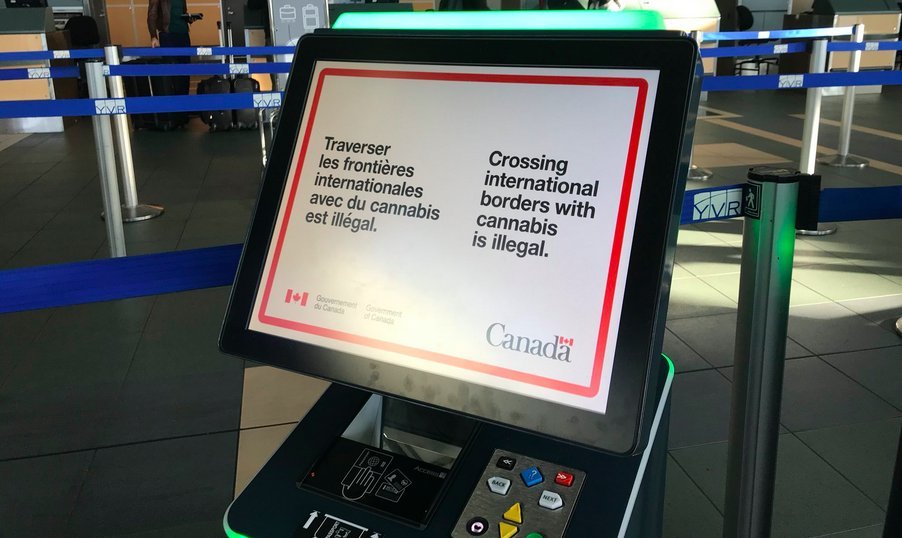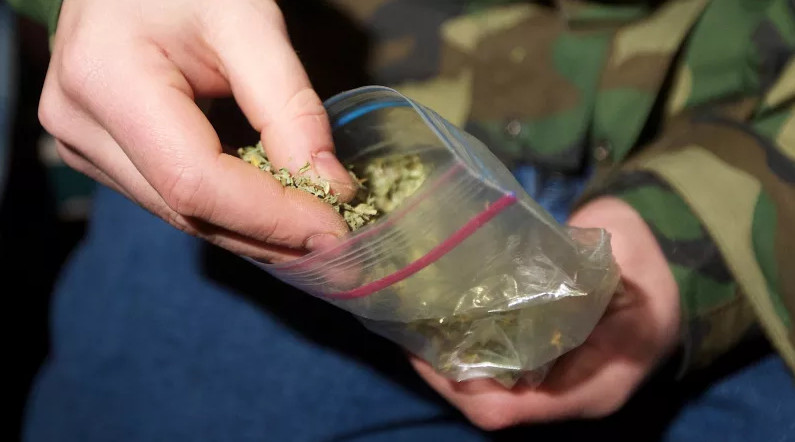Months after Los Angeles announced a potentially game-changing program designed to boost minority ownership of the city’s cannabis industry, officials have agreed to scale up the city’s cannabis staff eightfold in order to speed what some critics are calling a slow rollout.
The Los Angeles City Council last week approved 21 new positions at the city’s Department of Cannabis Regulation, expanding an office that currently has just three.
In addition to positions aimed at speeding the licensing process in general, Cat Packer, the department’s executive director, told Leafly that she intends to hire a social equity program manager to help spur the initiative forward.
“It’s no secret that with more resources you can get more done,” Packer said.
In addition to the new positions, which include accounting and administrative clerks, management assistants, and public relations personnel, the City Council approved hiring new staff at the Office of Finance, City Attorney’s Office, and the Los Angeles Fire Department, agencies the city’s cannabis department regularly collaborates with, Packer said.
The new cannabis jobs still need to be approved by the mayor’s office and the city administrative officer. The mayor has until March 12 to act. While those offices are aware of the time crunch, there’s no estimate yet on when hiring can begin, Packer said. “There’s not a specific timeline of when these things are going to happen.”
More than 120 retail cannabis businesses so far have received city approval for licenses. Officials have said they estimate hundreds of unlicensed businesses are also operating, albeit illegally.
Some in the industry are hopeful that new Department of Cannabis Regulation staff will increase the office’s capacity, bringing regulatory progress on all fronts. But in terms of the city’s social equity program, intended to address disproportionate drug-war harm inflicted on minority communities, complicated questions remain.
Equity Program Still Taking Shape
One key component of the program that still needs to be finalized: Who qualifies for it?
The answer will be determined in part by a coded map of the city that identifies which neighborhoods were particularly hard hit by the war on drugs. Assembled with the help of an outside consultant, these communities were identified through a variety of factors, including marijuana-related arrest rates and the number of people living in poverty.
The city’s initial survey highlighted a number of applicable areas. But councilmembers called for further study after noticing that one region of the city, the San Fernando Valley, seemed to contain none.
“While the strongest impacts of the war on drugs were probably felt other places, there were impacts in the Valley as well,” said Jake Flynn, the communications director for Blumenfield, whose district is located in the San Fernando Valley. “And we felt that wasn’t really addressed.”
The San Fernando Valley is a massive swath of LA that’s home to approximately 40% of the city’s population. The city is sending its consultant back to the drawing board, to review additional data and contributing factors to “expand the social equity analysis to include the San Fernando Valley,” according to council files.
“We don’t believe this will cause additional delay, and our understanding is that license processing and program implementation continue to move forward while the Council studies whether to fine-tune elements of the existing framework,” Clark, the cannabis attorney, said in an email.
Robert Chlala, a policy researcher for UFCW Local 770 and a member of the social equity working group for the advocacy group LA Cannabis Task Force, said there is some upside to the slow progress of the social equity program. Namely, applicants have more time to prepare and hammer out potential roadblocks.
Among the obstacles is the fact that applicants need to have secured a location for their business before applying for a license. That can be difficult for equity program applicants, who may have limited access to property or investment capital.
Even once after obtaining appropriately zoned location, it can be prohibitively expensive to pay rent on that dormant property while waiting for license approval.
Advocacy groups, meanwhile, have been working to line up support systems for eligible applicants. The California Minority Alliance has been working to partner potential equity applicants with qualified private investors, for example, and Chairman Donnie Anderson says the organization has vetted 20 licensees and already helped some secure funding.
While the City Council has approved the new cannabis positions through June, Clark predicted the funding would be extended going forward.
“I would expect the Mayor to propose similar resources in his budget for the next fiscal year,” she said via email, “but that is something we will pay close attention to during budget season.”
credit:420intel.com













